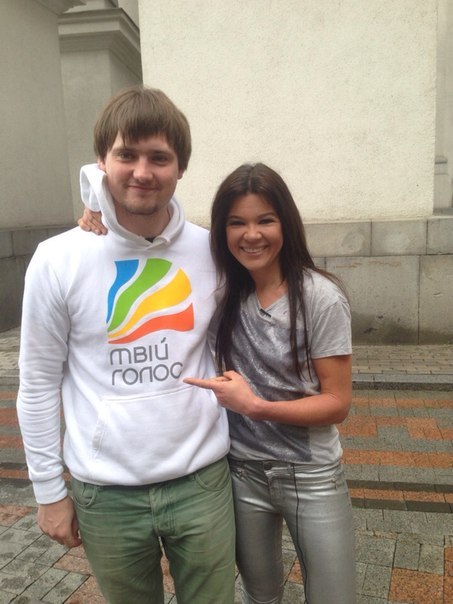20th of June weekly call notes
So, some of the notes from the today’s phone call: 1. first it’s case discussions.
Inge - have done transcripts of urban artist. have posted raw material interviews.
There is a need to include visuals, some methodology and reasons/expressions of uniqueness of this project.
Hegazy: Have talked with the greek campus. Done an extensive descriptive interview with research in between.
Anna: photo project done for women in outside of Erevan regions, which is rare.
Natalie: done interviews and posted 3 interviews so far on the platform: Your voice initiative (to spread political will of youngsters), Forum Theater (performance tool to solve crisis/problems), Your Park (united project for the war torn town to rebuild the community park and to create it as free economic zone).
Sammer: had 2 interviews with recycling social enterprises, that do workshops on recycling, urban hacking. There is a need to check urban hacking theme throughout countries, since it’s a new trend.
The way to built cases:
Hegazy: 1. play as a journalist. 2. research other cases. not to write marketing things but author’s impression. A good proposal done by Nadia, what to show similar projects and ask to compare.
Case should be dynamic, with investigation done.
We are choosing cases on the matter of social inclusion, data. people on the edge, uniqueness, new approaches
Initiative should be autonomous, away from grant money and in future or now self-sustained. You need to ask yourself a question: why it matters, what’s the reason to choose this for the case study. also remember that we are building the network of people to work further, thus the interest should be on both ends.
It’s a first call for initiatives to be used preliminary to crowdsourcing of other cases for the project. Out of them - book will be combined, and new trends/projects would be introduced to UN. And the site will be created to showcase them. There are two groups for this project: Future Makers Global (for administration of the project and anyone who wants to built it) and Case Study Group (for the interviews, formation of great cases etc)
what is needed to do: Sammar - info into english on notes/cases. We can follow Hegazy approach. By Wednesday ideally, we need to share new round of interviews




